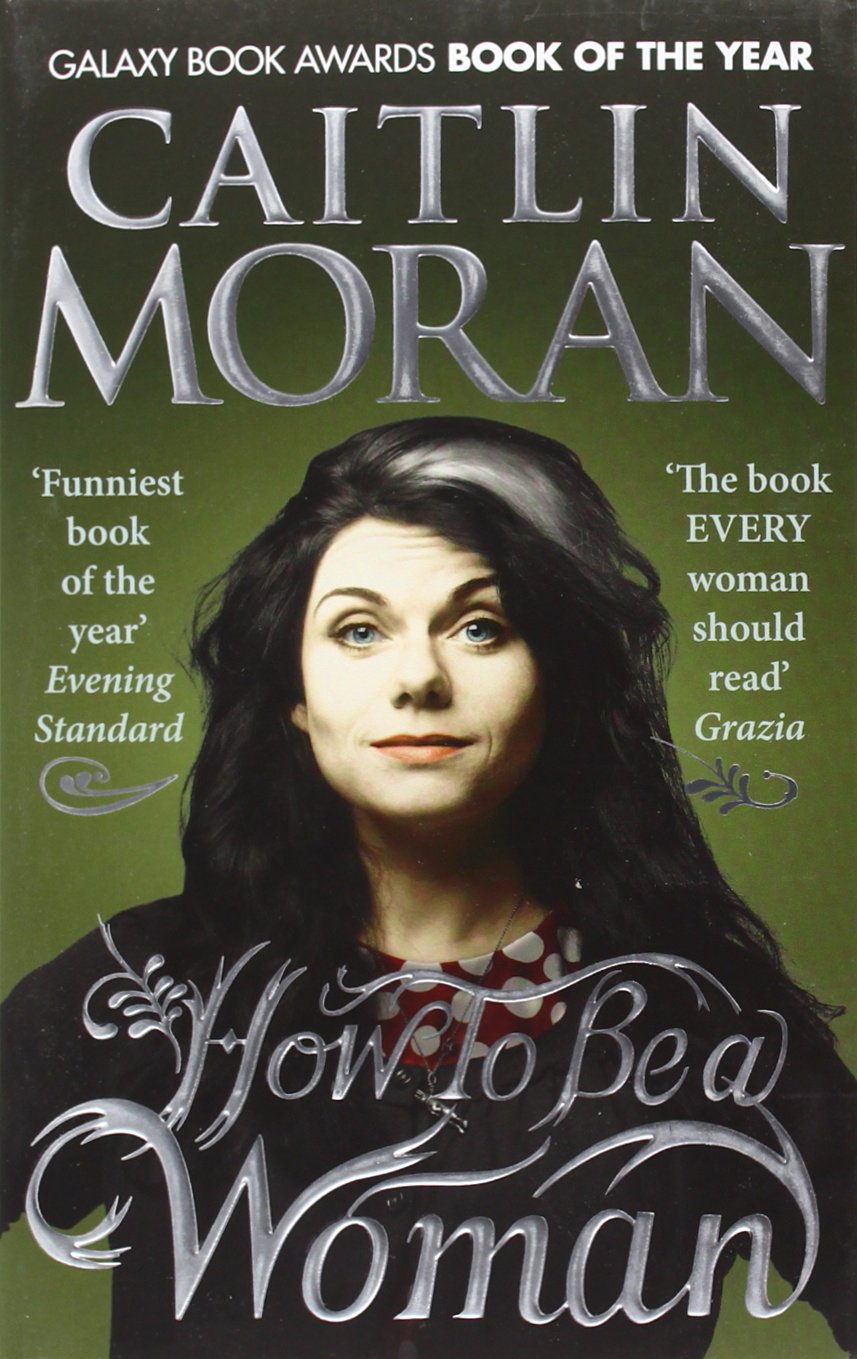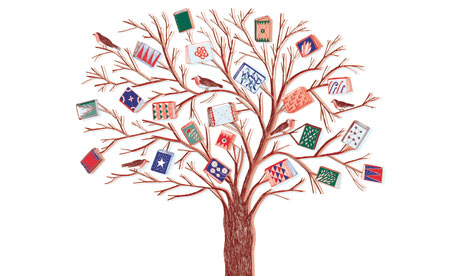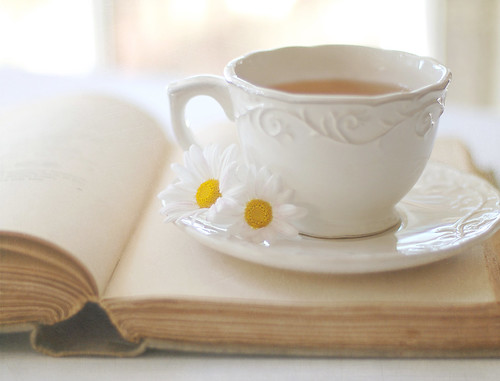“You must give me leave to judge for myself, and pay me the compliment of believing what I say.”
Jane Austen, Pride and Prejudice
 If you have visited In my good books… before then it’s likely you’ll be aware of my love affair with Jane Austen and, more specifically, Pride and Prejudice. I’m well aware that many people consider a woman who likes Jane Austen to be something of a cliché, and I am subsequently conscious of the fact that my owning up to it may cause people to form certain judgements about me. I’m not quite sure when confessing to liking Austen made you a hopeless romantic who must, without exception, be neurotically in love with Mr Darcy, but that is the reaction I have frequently encountered. It’s my opinion that Colin Firth and Bridget Jones probably have a lot to answer for.
If you have visited In my good books… before then it’s likely you’ll be aware of my love affair with Jane Austen and, more specifically, Pride and Prejudice. I’m well aware that many people consider a woman who likes Jane Austen to be something of a cliché, and I am subsequently conscious of the fact that my owning up to it may cause people to form certain judgements about me. I’m not quite sure when confessing to liking Austen made you a hopeless romantic who must, without exception, be neurotically in love with Mr Darcy, but that is the reaction I have frequently encountered. It’s my opinion that Colin Firth and Bridget Jones probably have a lot to answer for.
Most little girls fall in love with ponies or pop stars…for me it was Elizabeth Bennet. I read Pride and Prejudice at a comparatively young age and it was love-at-first-page. Not only did I find a heroine to look up to, but I also encountered some of the most enjoyable prose I have ev er read. I have subsequently lost count of the number of times I have read Pride and Prejudice; a re-reader by nature, my copy of Pride and Prejudice has never been left on the bookshelf for a whole year.
er read. I have subsequently lost count of the number of times I have read Pride and Prejudice; a re-reader by nature, my copy of Pride and Prejudice has never been left on the bookshelf for a whole year.
Jane Austen has been a good teacher. She has taught me to value good grammar. She has widened my vocabulary. She has increased my love of reading. She has given me a greater appreciation of people and how their minds work. She has taught me to pay close attention to what others say and what they do (and what they don’t say and do). She has taught me that love comes in many forms and is never simple. She has helped me to understand the importance of responsibility. Above all… “which perhaps I ought to have mentioned earlier”… she has taught me that people have within them the capacity to change, and that it is within our power to determine the nature of that change.
 Pride and Prejudice is a story about judgement. The novel primarily addresses the judgements we make about others but also dwells on the ways in which we see and judge ourselves. Austen’s novel is deftly littered with ‘clues’ and ‘giveaways’ which skilfully denote the true nature of her characters. There are many examples of characters saying one thing and then doing the exact opposite…Wickham’s avoidance of the Netherfield ball, Mr Bennet’s proclamation that Wickham and Lydia will never be admitted to Longbourn and Lady Catherine’s declaration that she would have been a proficient piano player. Darcy, by contrast, is held up as that rare example…someone whose bark is worse than their bite…he may speak rudely, but his actions reveal him to be a better person than he appears. He asks Elizabeth to dance at the Netherfield ball, he respects and likes Mr and Mrs Gardiner, he confesses his deceptions to Bingley, and he loves Elizabeth.
Pride and Prejudice is a story about judgement. The novel primarily addresses the judgements we make about others but also dwells on the ways in which we see and judge ourselves. Austen’s novel is deftly littered with ‘clues’ and ‘giveaways’ which skilfully denote the true nature of her characters. There are many examples of characters saying one thing and then doing the exact opposite…Wickham’s avoidance of the Netherfield ball, Mr Bennet’s proclamation that Wickham and Lydia will never be admitted to Longbourn and Lady Catherine’s declaration that she would have been a proficient piano player. Darcy, by contrast, is held up as that rare example…someone whose bark is worse than their bite…he may speak rudely, but his actions reveal him to be a better person than he appears. He asks Elizabeth to dance at the Netherfield ball, he respects and likes Mr and Mrs Gardiner, he confesses his deceptions to Bingley, and he loves Elizabeth.
If Pride and Prejudice was merely a plainly written story, its engaging plot and endearing characters would make it eminently readable; but, as it is,  Austen’s style of writing renders Pride and Prejudice unique. I’ve always felt that Austen’s writing in general, but Pride and Prejudice especially, has a distinctive rhythm, a beat which I have never encountered in any other book. Right from the outset that immortal line: “It is a truth universally acknowledged, that a single man in possession of a good fortune, must be in want of a wife” carries that unique rhythm and bounce. Austen’s narrator is also no babysitter. Austen never spoon-feeds her readers telling them what to notice when, or pointing out character’s errors of judgement – it is up to the individual reader to notice and understand the events and conversations taking place.
Austen’s style of writing renders Pride and Prejudice unique. I’ve always felt that Austen’s writing in general, but Pride and Prejudice especially, has a distinctive rhythm, a beat which I have never encountered in any other book. Right from the outset that immortal line: “It is a truth universally acknowledged, that a single man in possession of a good fortune, must be in want of a wife” carries that unique rhythm and bounce. Austen’s narrator is also no babysitter. Austen never spoon-feeds her readers telling them what to notice when, or pointing out character’s errors of judgement – it is up to the individual reader to notice and understand the events and conversations taking place.
I cannot let this review pass without paying homage to Austen’s characters, they truly are expertly and lovingly (or, in some cases, loathingly) written. Like Austen’s other novels, Pride and Prejudice has some real gems. Take, for example, Mr Collins, who never fails to make me smile. He is the perfect mix of obsequiousness and absurdity – he is…funny. Indeed, those who have never read Pride and Prejudice could be forgiven for imagining it to simply be a romance about a rude man, a few ball gowns and some big houses – what they miss is the fact that Pride and Prejudice is genuinely funny, full of intrigue and immeasurably witty. It frequently makes me laugh out loud.
this review pass without paying homage to Austen’s characters, they truly are expertly and lovingly (or, in some cases, loathingly) written. Like Austen’s other novels, Pride and Prejudice has some real gems. Take, for example, Mr Collins, who never fails to make me smile. He is the perfect mix of obsequiousness and absurdity – he is…funny. Indeed, those who have never read Pride and Prejudice could be forgiven for imagining it to simply be a romance about a rude man, a few ball gowns and some big houses – what they miss is the fact that Pride and Prejudice is genuinely funny, full of intrigue and immeasurably witty. It frequently makes me laugh out loud.
Lastly I must mention the inimitable Elizabeth Bennet. No other heroine, or perhaps real woman, will ever live up to her. She has spoilt me forever. I hungrily turn the pages of each new book that I read, searching for another Elizabeth – another woman with her wit, her self-conviction, and her teasing manners – I have not found one. Although, she is by no means perfect, Elizabeth is never idle in her quest to better understand herself. Throughout Pride and Prejudice we see her finding out new self-truths and learning from her mistakes, bettering herself. With every read, Elizabeth makes me more determined to be sure of myself, speak my mind and enjoy what life offers me. Austen does not suffer wallow-ers gladly.
mention the inimitable Elizabeth Bennet. No other heroine, or perhaps real woman, will ever live up to her. She has spoilt me forever. I hungrily turn the pages of each new book that I read, searching for another Elizabeth – another woman with her wit, her self-conviction, and her teasing manners – I have not found one. Although, she is by no means perfect, Elizabeth is never idle in her quest to better understand herself. Throughout Pride and Prejudice we see her finding out new self-truths and learning from her mistakes, bettering herself. With every read, Elizabeth makes me more determined to be sure of myself, speak my mind and enjoy what life offers me. Austen does not suffer wallow-ers gladly.
If you have no t read Pride and Prejudice I urge you to do so. I believe it is timeless, and that if you take the time to penetrate what could, to some, seem like wordy 19th century prose then the rewards are endless. At the end of my rather battered Penguin Classic comes the ‘Notes’ section of the book, it states, “It is perhaps worth commenting on just how little requires, or would profit from, annotation in this book” – although published nearly two hundred years ago Austen’s novel still only requires four footnotes to aid the modern reader – there are not many books that could boast that. Some might say this is because Austen’s novels are inward-looking family narratives not concerned with the world outside and this is undeniable, however, if a novel can teach you about what governs our actions as human beings and teach us how to examine our own faults, then I find it hard to acknowledge it as introverted.
t read Pride and Prejudice I urge you to do so. I believe it is timeless, and that if you take the time to penetrate what could, to some, seem like wordy 19th century prose then the rewards are endless. At the end of my rather battered Penguin Classic comes the ‘Notes’ section of the book, it states, “It is perhaps worth commenting on just how little requires, or would profit from, annotation in this book” – although published nearly two hundred years ago Austen’s novel still only requires four footnotes to aid the modern reader – there are not many books that could boast that. Some might say this is because Austen’s novels are inward-looking family narratives not concerned with the world outside and this is undeniable, however, if a novel can teach you about what governs our actions as human beings and teach us how to examine our own faults, then I find it hard to acknowledge it as introverted.
Put simply, I love Pride and Prejudice, ardently, and always will.
“Laugh as much as you choose, but you will not laugh me out of my opinion.”
 I read this book as part of the ‘Back to the Classics Challenge’ in the category of ‘Re-read a Classic’.
I read this book as part of the ‘Back to the Classics Challenge’ in the category of ‘Re-read a Classic’.
Having earlier reviewed Nancy Mitford’s novel The Pursuit of Love, I move on to its companion novel Love in a Cold Climate.
 A little over a month ago I began a new job and happily anticipated poring over the pages of Wives and Daughters during my new rather heftier commute. My intentions were good. After the first couple of weeks of work, it became abundantly clear to me that Wives and Daughters was not a book I was going to especially enjoy reading. Within two chapters I was forced to acknowledge to myself that I was, well…bored. Never mind, I thought, I’ll soldier on, I’ve done it before with other books. Then my attitude began to shift. This, I think, is where I began to draw a distinction between reading at home in my armchair, and reading at bus stops and on buses. Continue reading
A little over a month ago I began a new job and happily anticipated poring over the pages of Wives and Daughters during my new rather heftier commute. My intentions were good. After the first couple of weeks of work, it became abundantly clear to me that Wives and Daughters was not a book I was going to especially enjoy reading. Within two chapters I was forced to acknowledge to myself that I was, well…bored. Never mind, I thought, I’ll soldier on, I’ve done it before with other books. Then my attitude began to shift. This, I think, is where I began to draw a distinction between reading at home in my armchair, and reading at bus stops and on buses. Continue reading 
































